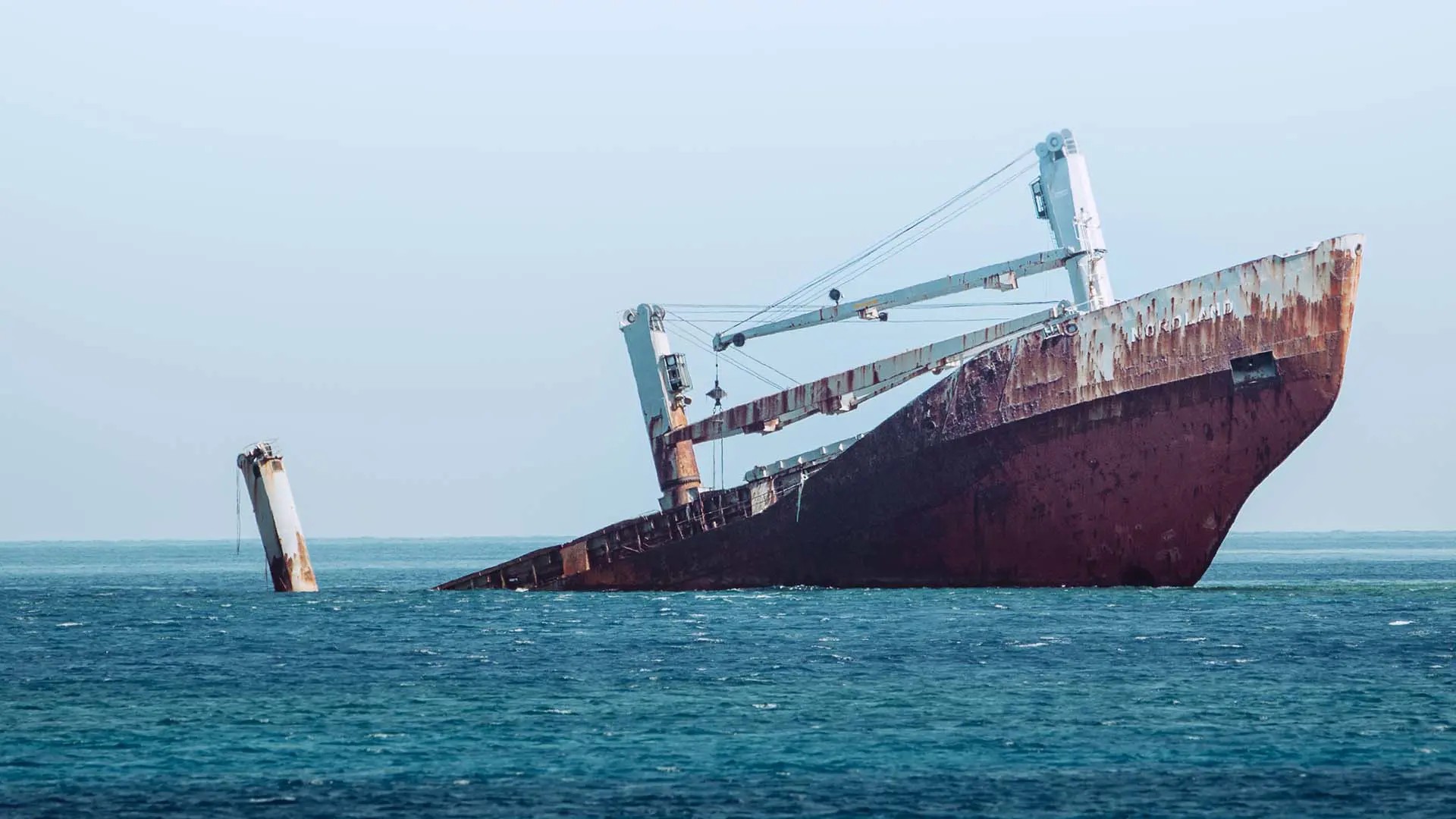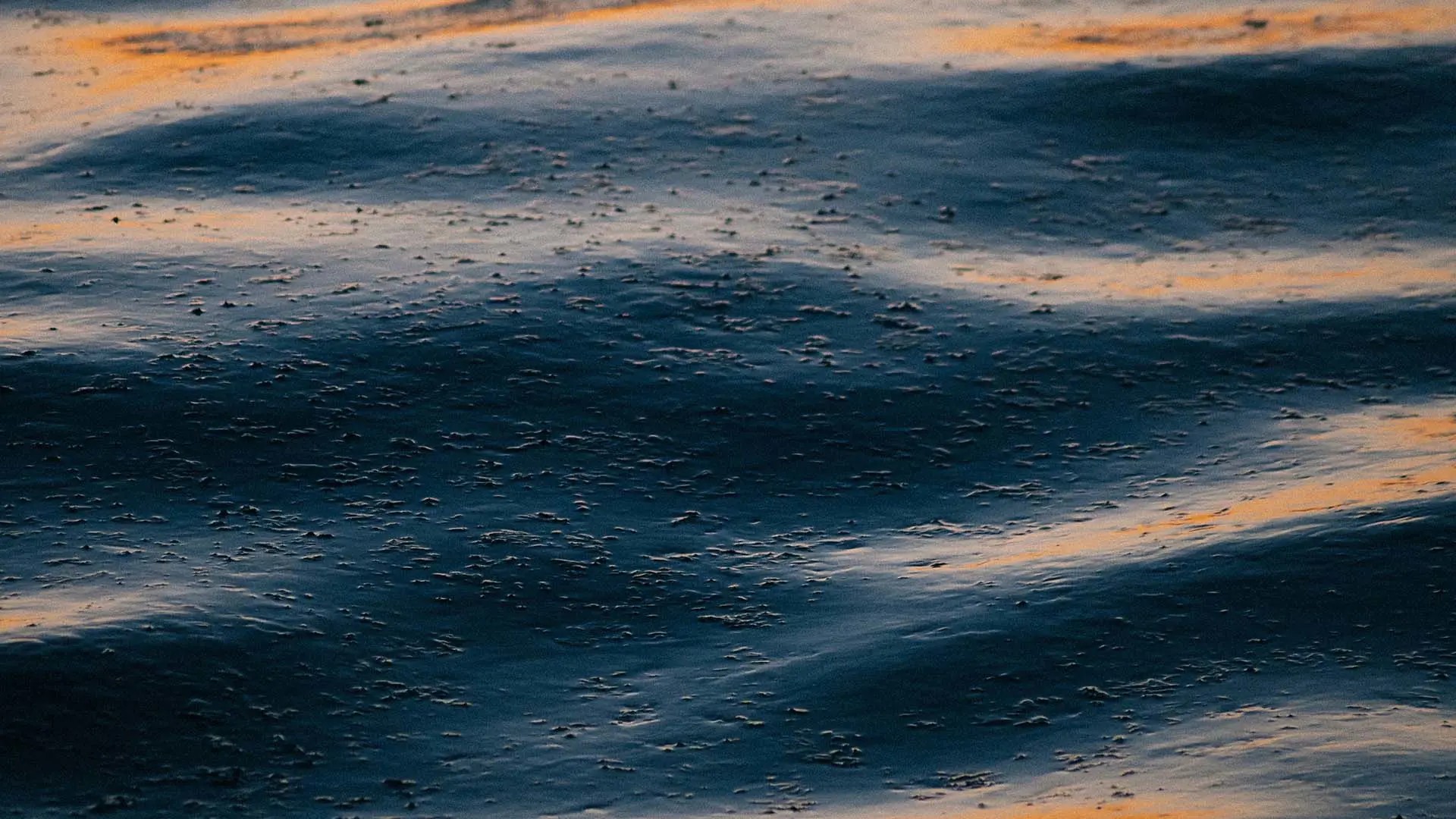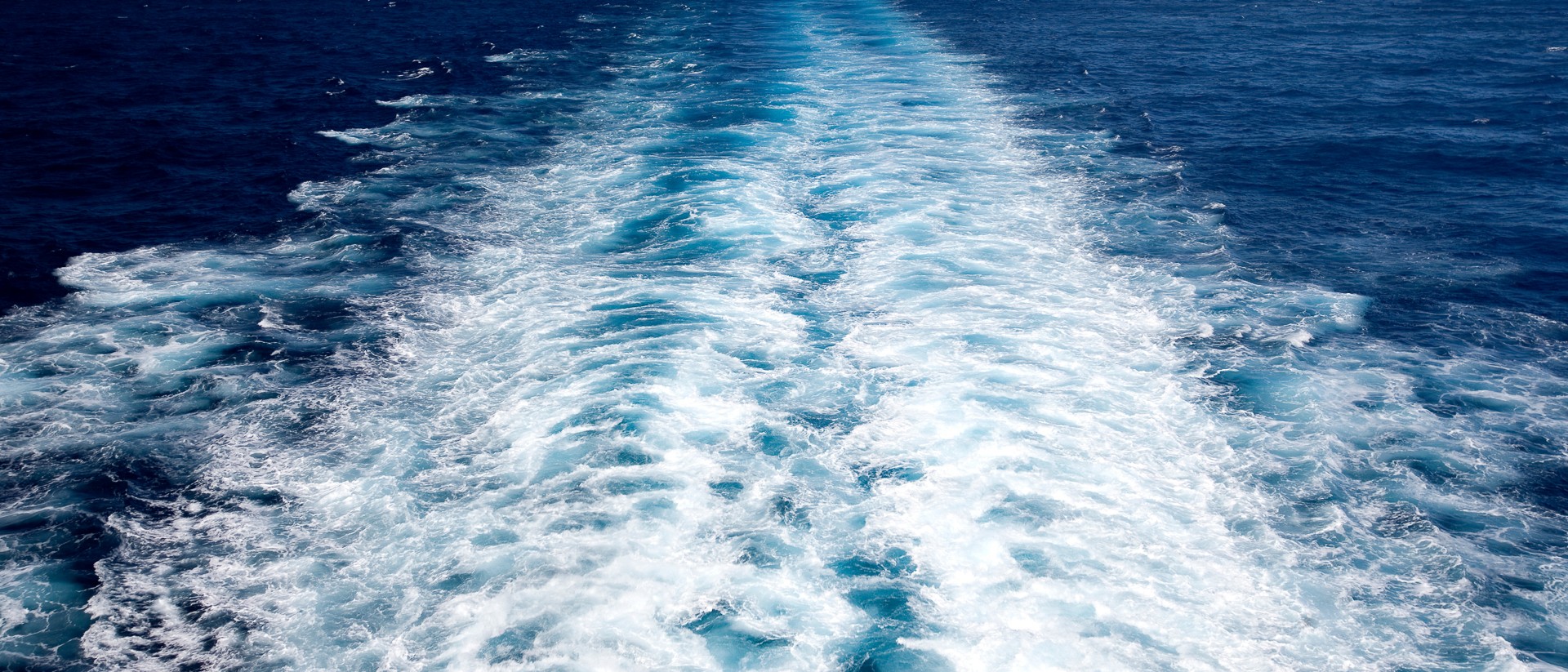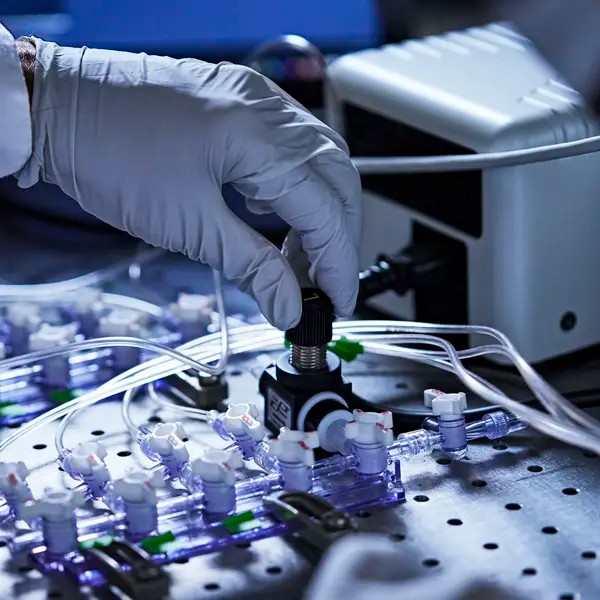In focus of Ocean
Chalmers' overarching Ocean research areas

Marine Risk Analysis
We apply different various types of risk analysis of marine environmental hazards. We, among other things, analyze environmental risks from wrecks and do research on decision support using risk-cost-benefit analysis.
Another focus concerns so-called cumulative risk assessments, where a method to easily manage the impact of many different human pressures on one or many ecosystem components (individual species or habitats) has been used in marine spatial planning.
The risk analysis methods are used by Swedish and international authorities, among others.

Ocean monitoring
To detect and understand changes of ocean conditions we need ocean observations.
We develop methods and sensors for observations of the ocean from satellites, drones, ships and in the water. Observations are used in our research on sea ice dynamics, marine pollution monitoring, ship route optimization and for improvement of forecasts and climate models.

Marine energy
There is a strong demand for new technology that can be used to produce renewable electricity at sea from renewable energy sources such as wind, waves or ocean currents.
Chalmers develops new technologies with partners from authorities and industry that can increase the production of renewable electricity from renewable energy sources at sea. We analyze and evaluate the long-term environmental impact, opportunities and positive/negative consequences of these installations and production sources from a sustainability perspective.

Sustainable shipping
Shipping is the backbone of global trade, and it is essential to ensure that the sector develops positively in terms of all sustainability perspectives.
Chalmers works broadly with maritime issues, from ship design and autonomous operations, to environmental impact assessment and modelling of future fuels and propulsion systems. In collaboration with industry and authorities, we conduct research delivering new knowledge that is used, for example, for

Blue Bioeconomy
Blue Bioeconomy address sustainable production and processing of marine biomass for applications such as bio-based materials, fuels, food, or bioactive substances.
The field is interdisciplinary and can encompass everything from the design of recirculating aquaculture systems to the formulation and evaluation of new products based on marine ingredients. Research leading to technological development at all levels is central and has the potential to position Chalmers as a leader in this field.
Departments with Ocean-related research
Research infrastructure for Ocean
Contact
- Full Professor, Transport, Energy and Environment, Mechanics and Maritime Sciences
- Project Leader, Project and Centre Management, Technology Management and Economics









